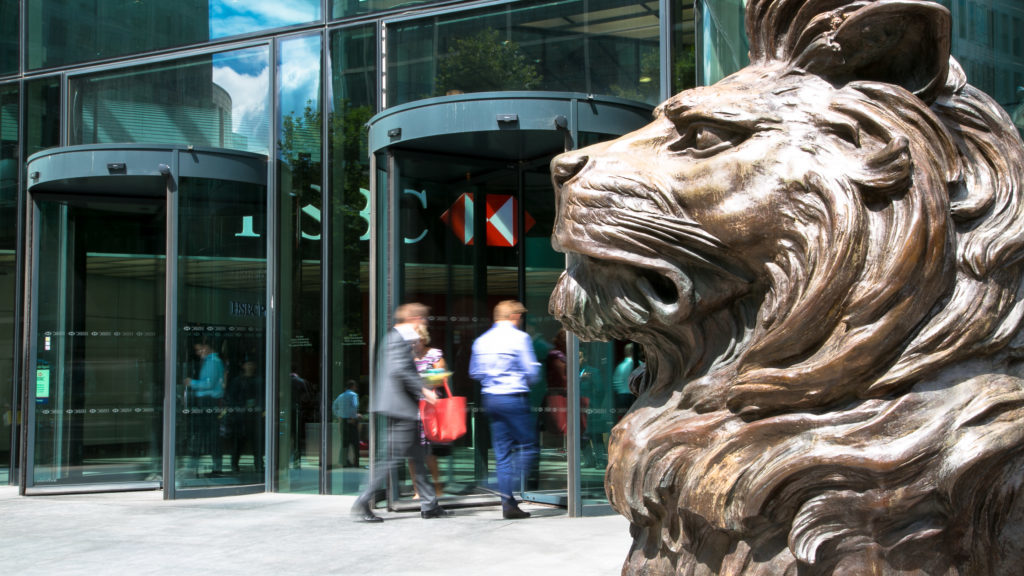
A historic crash in oil prices and fallout from the coronavirus pandemic will accelerate asset sales in the Middle East and open up a gap for sovereign wealth funds to make “opportunistic investments,” according to HSBC Holdings Plc.
“Corporates and sovereign entities will need to look at their portfolios more closely during challenging times and see what is core to them,” Nabil Lahham, head of advisory and corporate finance coverage for HSBC in the Middle East, North Africa and Turkey, said in an interview. “Some of them are also looking at gaps in their portfolio and seeking to do deals to fill those holes.”
The crisis may also trigger further consolidation across the Gulf, which has already seen some large-scale mergers and acquisitions in sectors such as banking and real estate, he said.
Governments across the oil-rich Middle East are looking at ways to shore up their finances that have been battered by a more than 50% slump in crude prices this year. Coupled with strict curfews to contain the coronavirus, most of the region is set for its deepest financial turmoil in decades.
Abu Dhabi National Oil Co. is in talks with a consortium of investors to sell a minority stake in its $15 billion gas pipelines, people familiar with the matter said in April. Aramco, the world’s largest oil producer, has also hired advisers to review a potential multibillion-dollar stake sale in its pipeline business, Bloomberg News reported last month.
M&A activity in the Middle East and Africa more than doubled in 2019 from a year earlier, boosted by announced transactions such as the $70 billion purchase of a controlling stake in Saudi Basic Industries Corp. by Aramco. HSBC ranked third on the list of top advisers in the region, behind JPMorgan Chase & Co. and Goldman Sachs Group Inc., according to data compiled by Bloomberg.
‘Steady Flow’
“There is still a steady flow of transactions in the region, driven by the need for corporates and governments to rationalize their portfolios, opportunistic investments by large wealth funds and selective inbound interest from international investors,” said Lahham, who joined the British lender this year after a decade at Perella Weinberg Partners LP.
Middle Eastern sovereign wealth funds — which have built up assets of more than $2 trillion as a cushion for when oil runs out or revenues drop — will continue to seek opportunities through targeted investments to take advantage of a dip in asset values, he said.
The Qatar Investment Authority wants to raise a 7 billion-euro ($7.6-billion) loan backed by high-profile European investments to bolster its cash reserves, according to people with knowledge of the matter. Saudi Arabia’s $320 billion sovereign wealth fund is using the crisis as an opportunity to broaden its global portfolio and has already made bold acquisitions in energy and entertainment firms.
“Wealth funds in the region have been around for a while now and have sophisticated teams who can take advantage of shift in valuations and investment patterns globally,” Lahham said.
Recommended for you
